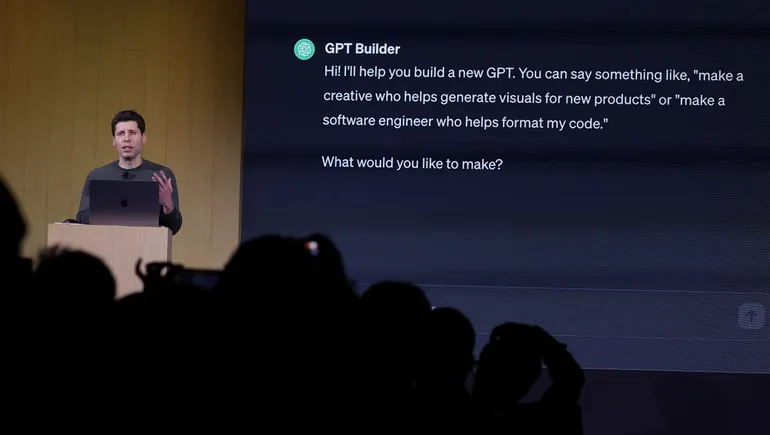Employers may be overlooking middle-age and mid-career employees in their development efforts, according to a Perceptyx report released May 7.
Career growth and development are especially important to retention and engagement this year, Perceptyx said, noting that four of the top five drivers of intention to stay measured in its latest benchmark “relate directly to career growth.”
For example, employees who plan to stay with their employers are three times more likely to believe they can achieve their career goals and more than twice as likely to see “a clear path forward” at their companies, the report said.
But perception of those career opportunities “declines steadily” from Generation Z to baby boomers, with training satisfaction reaching its height with Gen Z workers, indicating a lack of investment in development for workers beyond their early careers, Perceptyx said.
Additionally, mid-level employees want to know not only that these opportunities exist but how exactly they can access them.
“Career trajectories become much more unpredictable and obscure at middle age,” Lisa Sterling, chief people officer at Perceptyx, said in a statement. “These workers – many of whom are managers with a significant scope of influence – have valuable skills and experience, but are left wondering what success looks like in this next stage of life.”
AI may also prompt further concern from middle-aged and mid-level employees about their future place in their organizations, Sterling noted.
Other studies have also pointed to anxiety around the status of AI training, particularly; nearly half of employees surveyed by TalentLMS said they felt AI is advancing faster than a company’s ability to train them, according to a report released earlier this year.
More generally, employers looking to improve their leadership training programs may want to ensure those programs focus on what is relevant for their companies and their “unique circumstances,” according to a McLean & Co. report released in January. Overly broad training can make it difficult for leaders to apply their new knowledge, the report said.






Leave a Reply